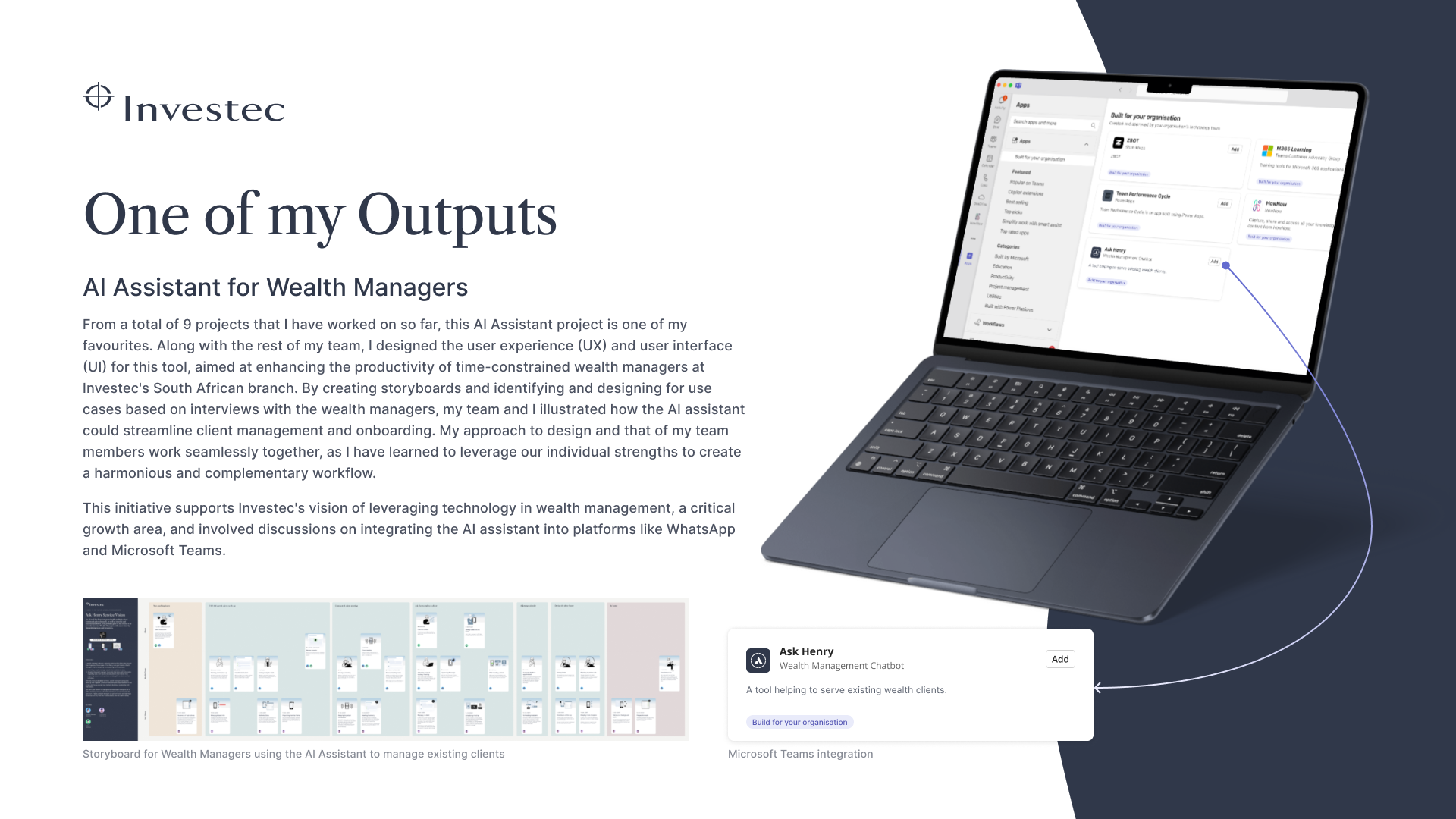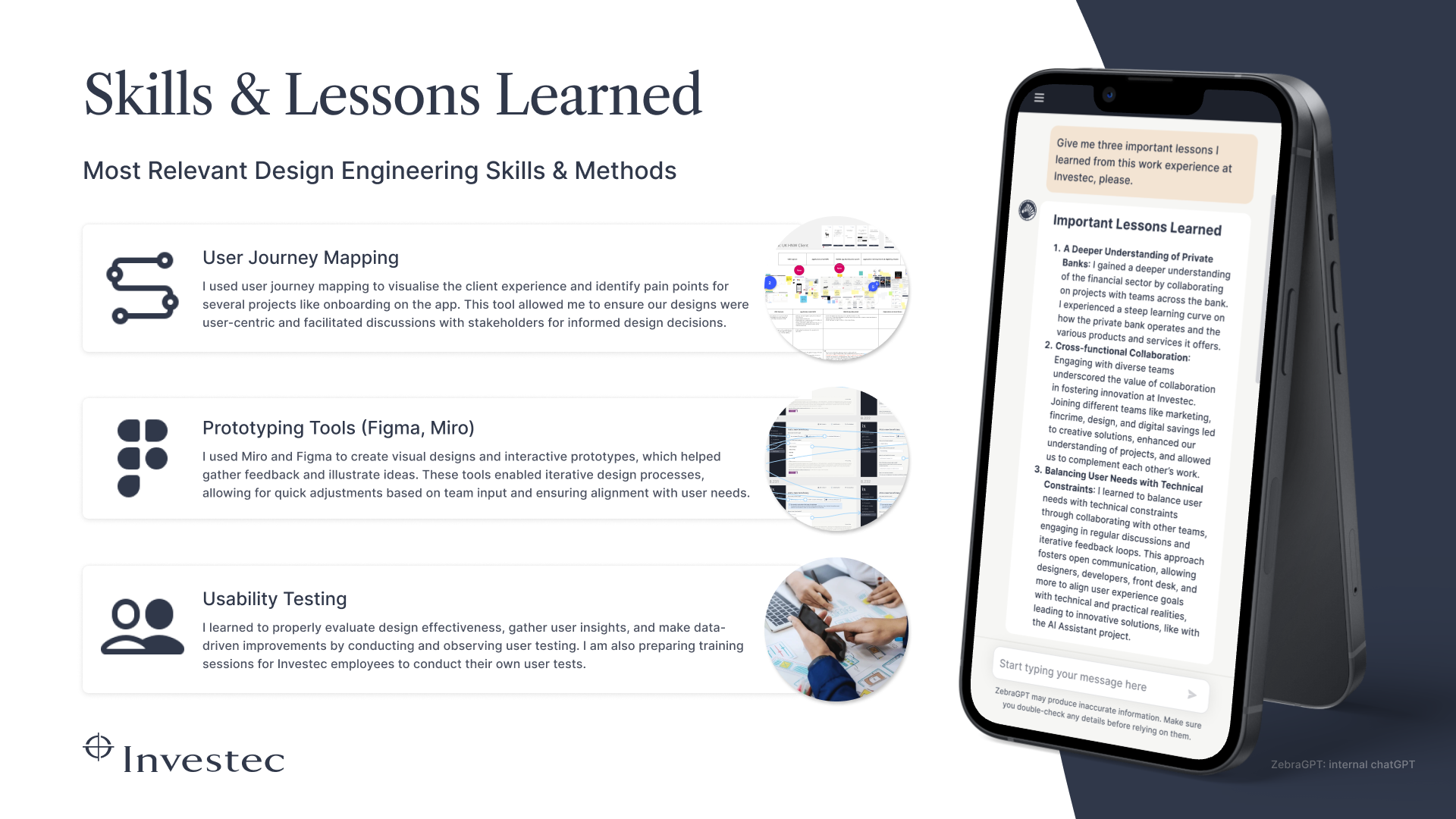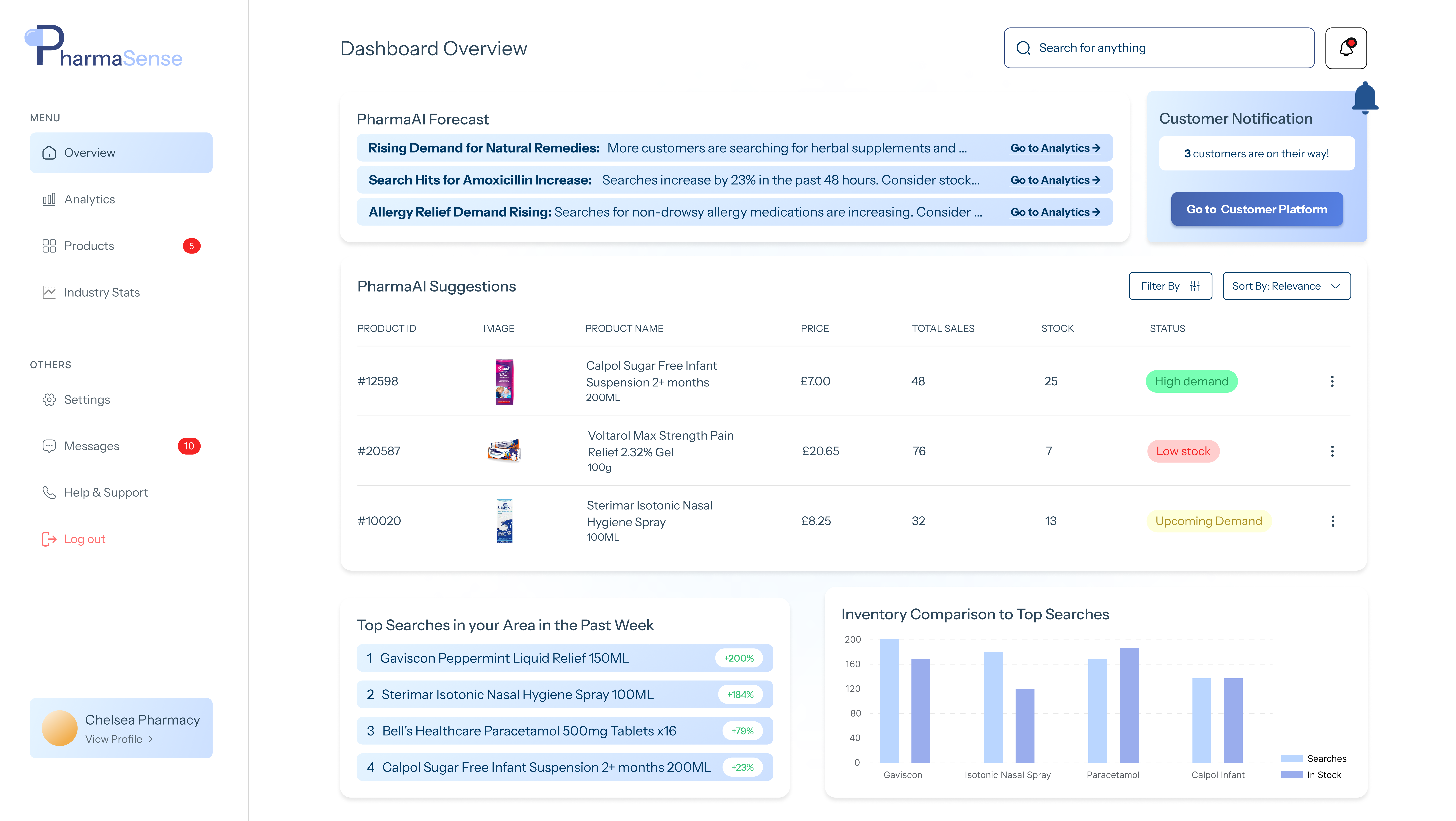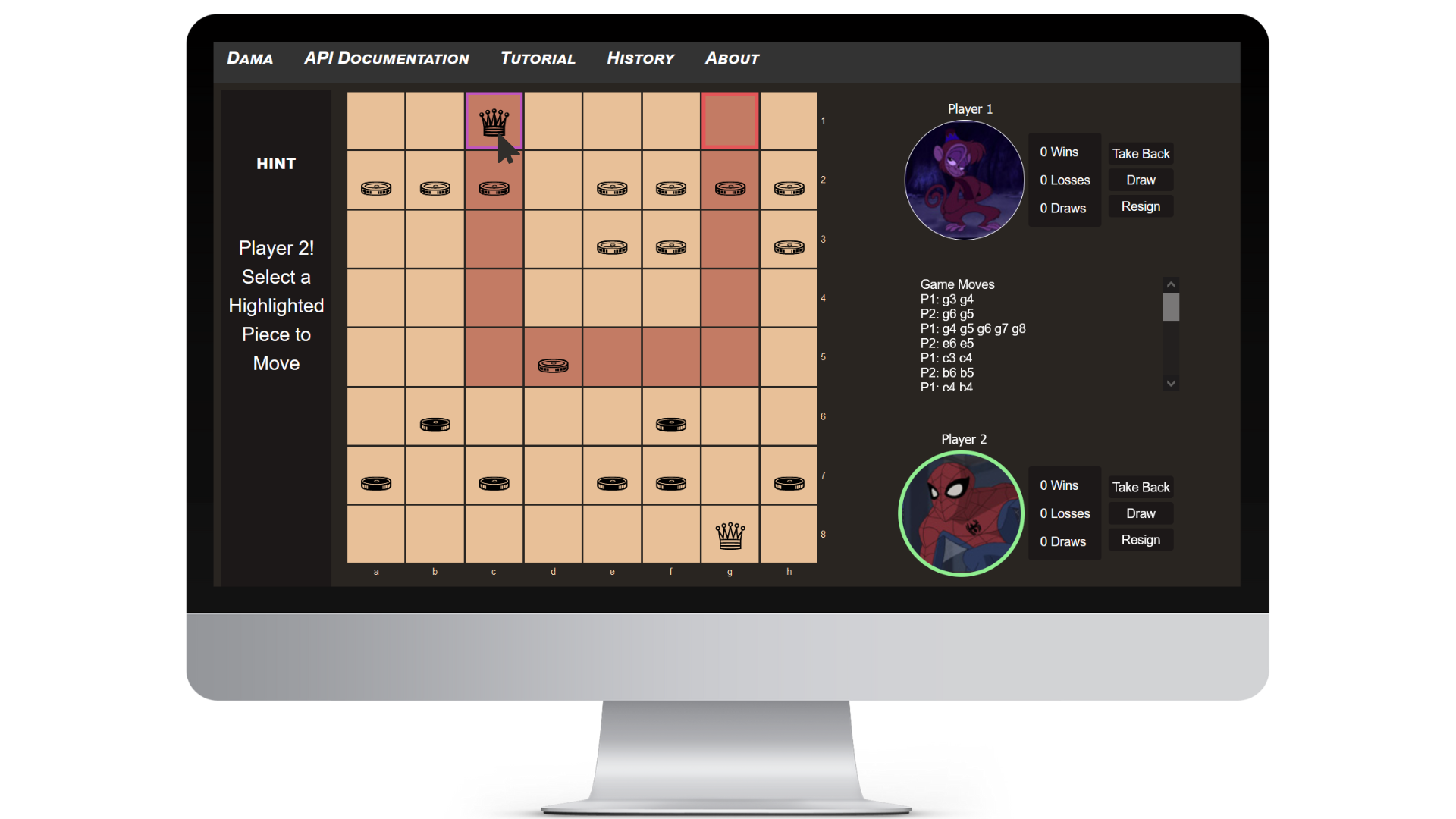YASMIN ZARAKET
DESIGN ENGINEER
︎︎︎
Project 01
YAQIN

YAQIN is a faith- and culturally-sensitive mental health application designed for Muslim women in the UK. Built using GPT, RAG, and vector search tools like OpenAI LLM, YAQIN combines a guided Tafakkur (reflection) journaling tool with an AI chatbot that delivers empathetic, Quran-informed responses.
The app was co-designed with Muslim women and therapists to address pain points like cultural stigma, mistrust, and religious misalignment in therapy. Using user input, it adapts to emotional themes across sessions, creating a sense of continuity and safety.
YAQIN was evaluated through live sessions and expert critique, leading to refinements in tone, prompts, and UX. The result is a scalable, inclusive prototype that bridges emotional wellbeing and Islamic values in therapeutic support.
+ Python, RAG Architecture, LangChain, OpenAI GPT, Huggingface, Figma
+ Ethical AI, User-Centred Mental Healthcare Design, UX Research, UI, Product Design & Development
︎︎︎ Use YAQIN Chatbot Prototype Here
Project 02


The Investec AI Assistant is a UX-led concept for an AI-powered productivity tool designed to streamline client management for wealth managers in South Africa. Built in response to interviews with Investec’s own advisors, the assistant reduces time spent on repetitive admin tasks like onboarding and client follow-ups.
I developed user flows, storyboards, and ideal-case swimlanes mapping interactions between clients, managers, and the AI system. The assistant was envisioned to integrate into existing platforms like WhatsApp and Microsoft Teams, aligning with Investec’s digital strategy and tech stack.
By centering real user needs, the project shaped a vision for AI-enhanced workflows in private banking, contributing to Investec’s long-term innovation roadmap.
+ UX Research, User Journey Maps, Personas, UI
+ Service Design, Wireframe Prototype, Figma
Project 03
2024-25

PharmaSense is a dual-interface web platform designed to streamline pharmacy operations and improve patient engagement. For pharmacists, it offers tools for prescription tracking, validation workflows, and real-time risk assessments. For patients, it provides access to personal health insights and a clear, accessible communication channel with their pharmacy.
The product was designed with privacy, scalability, and healthcare UX best practices in mind. A private portal showcases future-facing features like strategy dashboards, service roadmaps, and clinical decision support, while the public site communicates the platform’s value to users and partners.
PharmaSense bridges gaps in traditional pharmacy models by enabling smarter, more transparent care delivery through digital infrastructure.
+ Web Design, UX Strategy, Brand Development, UI, Industry Engagement
+ Figma, HTML/CSS
Project 04


Dama, a popular board game in the Middle East, served as the inspiration for a web application I designed and programmed using Node.js, Ramda, JavaScript, HTML, and CSS. The web app was crafted to address specific user pain points identified through research, involving input from both experienced Dama players and newcomers to the game.
Leveraging a state machine, I achieved vectorized transitions across the game board's 64 positions, fostering polymorphism through arrays of objects.
The primary stakeholders, encompassing two players and a judge, benefit from Dama's feature set, including highlights for possible moves by the current player. Dama passed AXE tools for accessibility, readability, and accommodating for colour-blindness. To ensure robust functionality, each scenario in the web app underwent testing using Mocha, resulting in comprehensive test suites that provided full coverage and maintained performance throughout development
+ Node.js, Ramda, JavaScript, HTML, and CSS
+ User-Centred Game Design
+ AXE tools, Mocha Tests, VS Code
︎︎︎ Play Here